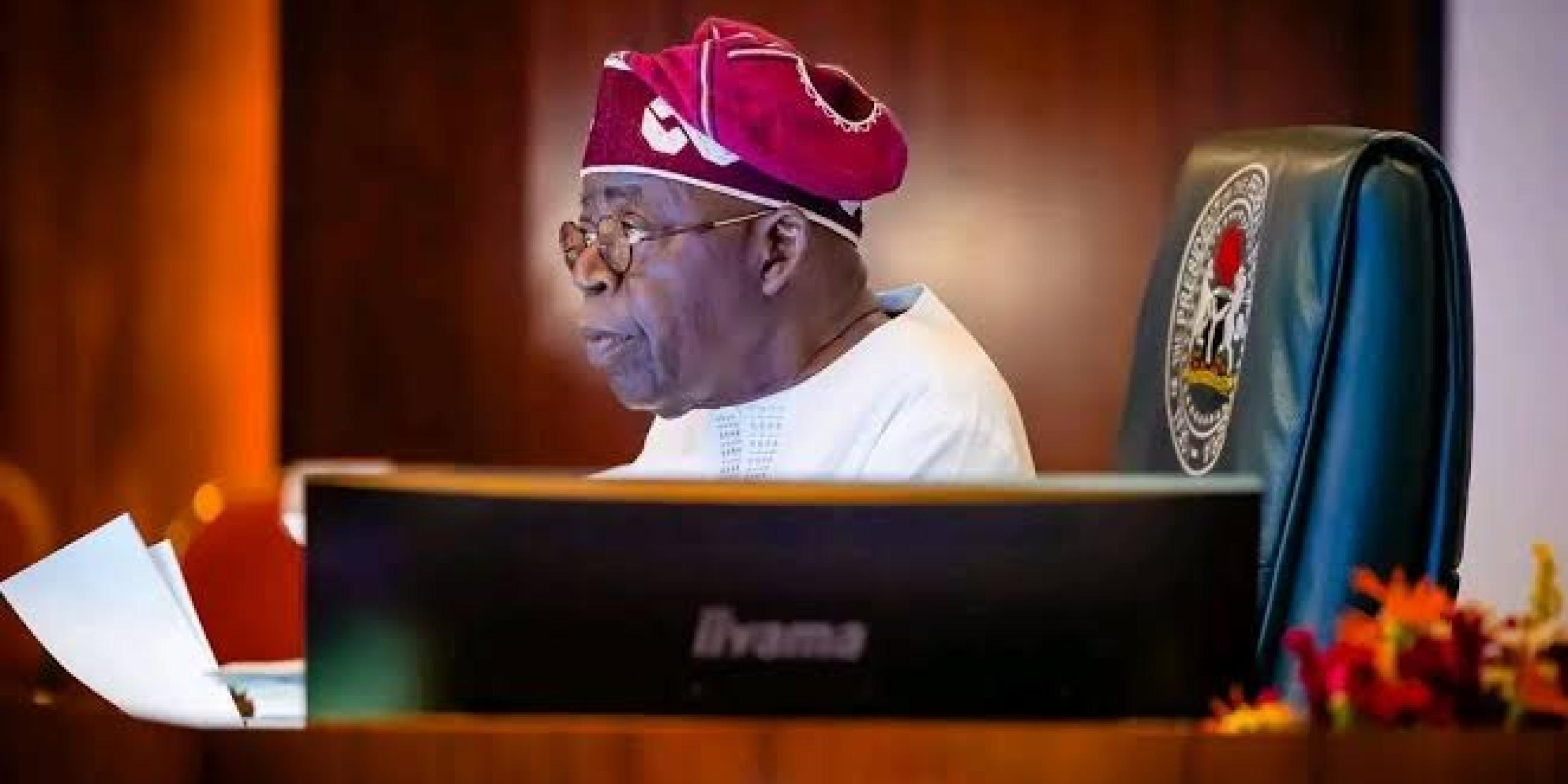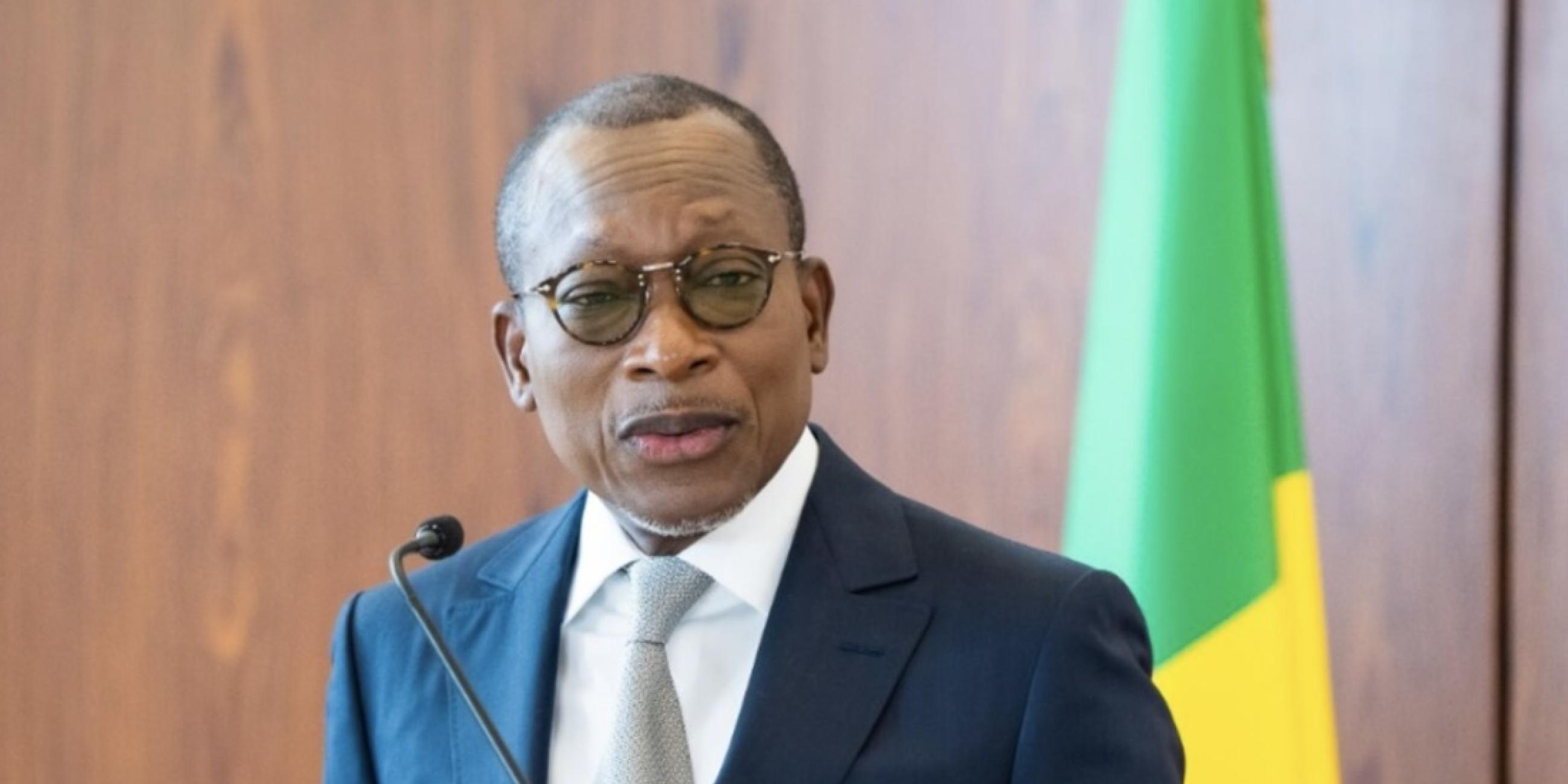WELCOME TO AMERICA, NOW PLEASE DON’T KILL ANYONE
There was a time when immigration policy was about balancing compassion with caution. Now, it's a twisted game of roulette where we’re told to welcome everyone, no questions asked - and hope nobody ends up dead. Spoiler: that hope just ran out.
This week, two National Guard troops were shot in Washington, D.C. One of them died. The shooter? An Afghan refugee brought here under the Biden administration’s Operation Allies Welcome program. You’d think someone would be asking how a supposed “ally” turned into a killer with a gun in the heart of the capital. But instead, the media is too busy debating whether it's racist to ask questions at all.
And if that weren’t enough, just days later, another Afghan - also brought in under the same rushed refugee initiative - was arrested in Texas for planning a terrorist attack. Guess what that means? We’re importing threats faster than we can detect them.
But don’t worry, the mainstream media assures us this is all just fearmongering. They’ll spend more airtime handwringing over the tone of the conversation than over the bullet wounds. Because the real crime, according to them, is not that Americans are being attacked - it's that someone dared to suggest border security might be a good idea.
This isn’t about painting all immigrants with the same brush. It’s about the absolute clown show masquerading as an immigration system. Vetting? Minimal. Follow-up? Spotty. Background checks? Apparently optional if your sob story sounds good enough. And the result is painfully predictable: dead Americans and chaotic streets.
Under Biden, the southern border was wide open, the vetting of evacuees from conflict zones was a mess, and asking basic questions about who gets in counted as a hate crime in polite society. You couldn't even suggest a pause or stricter screening without being labeled a xenophobe by blue-check experts who wouldn’t last five minutes without a security detail.
Your tax dollars flew these people here. Your laws were being ignored to protect political optics. And your neighbors, guardsmen, and kids are the ones paying the ultimate price when something goes horribly, tragically wrong.
Call it racist, call it mean, call it whatever makes you feel good. But at the end of the day, Americans are dying because someone decided that feelings matter more than facts. And if that doesn't outrage you, you’re either not paying attention or you’re too busy posting about “tolerance” from a gated community.
🇺🇸WELCOME TO AMERICA, NOW PLEASE DON’T KILL ANYONE
There was a time when immigration policy was about balancing compassion with caution. Now, it's a twisted game of roulette where we’re told to welcome everyone, no questions asked - and hope nobody ends up dead. Spoiler: that hope just ran out.
This week, two National Guard troops were shot in Washington, D.C. One of them died. The shooter? An Afghan refugee brought here under the Biden administration’s Operation Allies Welcome program. You’d think someone would be asking how a supposed “ally” turned into a killer with a gun in the heart of the capital. But instead, the media is too busy debating whether it's racist to ask questions at all.
And if that weren’t enough, just days later, another Afghan - also brought in under the same rushed refugee initiative - was arrested in Texas for planning a terrorist attack. Guess what that means? We’re importing threats faster than we can detect them.
But don’t worry, the mainstream media assures us this is all just fearmongering. They’ll spend more airtime handwringing over the tone of the conversation than over the bullet wounds. Because the real crime, according to them, is not that Americans are being attacked - it's that someone dared to suggest border security might be a good idea.
This isn’t about painting all immigrants with the same brush. It’s about the absolute clown show masquerading as an immigration system. Vetting? Minimal. Follow-up? Spotty. Background checks? Apparently optional if your sob story sounds good enough. And the result is painfully predictable: dead Americans and chaotic streets.
Under Biden, the southern border was wide open, the vetting of evacuees from conflict zones was a mess, and asking basic questions about who gets in counted as a hate crime in polite society. You couldn't even suggest a pause or stricter screening without being labeled a xenophobe by blue-check experts who wouldn’t last five minutes without a security detail.
Your tax dollars flew these people here. Your laws were being ignored to protect political optics. And your neighbors, guardsmen, and kids are the ones paying the ultimate price when something goes horribly, tragically wrong.
Call it racist, call it mean, call it whatever makes you feel good. But at the end of the day, Americans are dying because someone decided that feelings matter more than facts. And if that doesn't outrage you, you’re either not paying attention or you’re too busy posting about “tolerance” from a gated community.






















